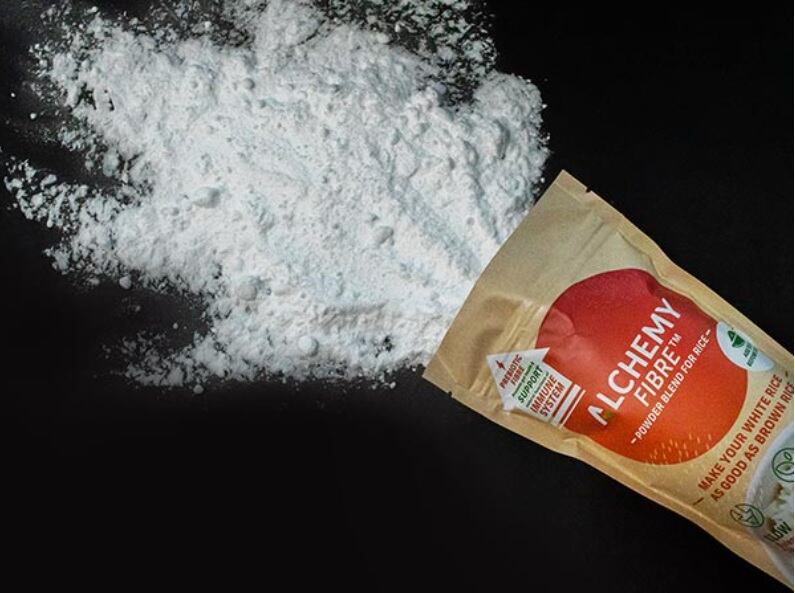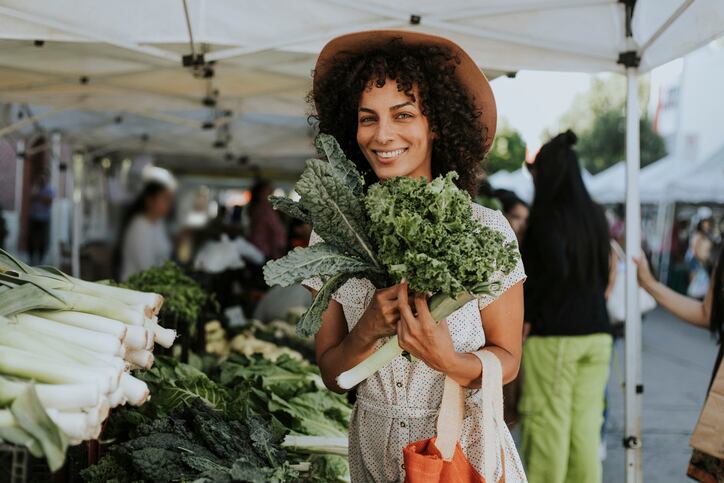“Going through the last year, put a lot of stress on our system” just to keep the core operations moving, which required the redirection of resources that previously would have gone to research and development, Bryan Kreske, general manager of Hormel Foods Startup Incubator, acknowledged when asked during the discussion about the lasting impacts of the pandemic on the food and beverage industry.
As such, he said, “we had to make a choice of design paths and where we were going to place priorities,” which meant pausing and pulling the plug on certain projects that Hormel was struggling to execute by itself. This included a project in the alternative protein space on which the company had worked since 2019, but which didn’t meet Hormel’s high standards, he noted.
While these decisions can be frustrating and disappointing, Kreske said Hormel “gained a lot of learnings and it really set the foundation for us figuring out our strategy in space.”
He explained this included evaluating the company’s core strengths and weaknesses and ultimately deciding to open “our aperture to look at partners, emerging companies, startups, and entrepreneurs in, what I would say are the generation two, three, and four in alternative proteins to leverage the work they’re doing and partner with us to find ways to collaborate and speed up our R&D efforts.”
He added: “There’s just some stuff that we don’t have the experience or capability to do,” and partnering provides a path forward.
Hormel’s Happy Little Plants brand launches with help from startup
For example, he said, Hormel decided during the pandemic to go “all in” on creating a plant-based pepperoni, which could leverage the “DNA of Hormel foods, which was one of the original products that George Hormel created 130 years ago, which was dry sausage.”
The R&D process included thousands of hours of work and 76 iterations – a tremendous investment that the company wanted to see succeed, which is one reason why when it launched its Happy Little Plants brand plant-based pepperoni style topping at the National Pizza Expo earlier this month it teamed with FoodBytes! alum Pleese Foods, which makes a vegan cheese.
“We’ve got a plant-based topping portfolio, they have a plant-based cheese, we think its good to give operators a choice and help them understand where the market is going,” and the partnership benefits both businesses and elevated the success of the launch, Kreske said.
But, he added, partnerships are necessary beyond “tactical collaborations,” like this one. He says they increasingly are important throughout all aspects of business.
“When I joined Hormel, we were maybe a $3 or $4 billion company. Today we are an $11 billion global food company in a lot of diverse spaces. It’s imperative that we keep exploring our ambition to become an uncommon and innovative global food company. And, I think, we’re humble enough to understand that we need to evaluate the landscape of emerging companies to hep us move forward into good ideas,” he said.
“Ultimately,” he added, “when you’ve been around like us for 130 years, its about staying relevant with where the consumer is today, but it’s also about where the consumer is going in the future and having that longer term mindset. And I can tell you, from my perspective … its really investing in building partnerships with emerging food companies … whether is exploring new novel ingredients and alternative proteins that we couldn’t do on our own or evaluating opportunities” like that with Please Foods.
Established brands must invest more than money
To get the most out of partnerships with startups, established brands need to do more than just cut a check, which is easy but “doesn’t help advance things,” Kreske said.
“It’s about finding those connections within our organization to leverage that new technology, and bring it to market,” which includes opening up and sharing aspects of business that previously might have been off limits, but which are important for helping smaller companies navigate larger ones, he explained.




